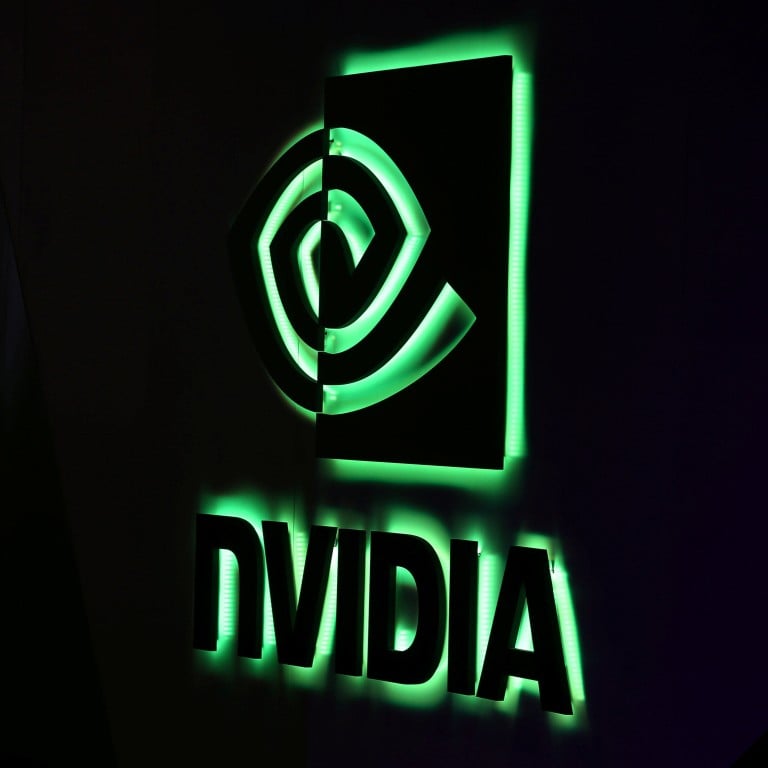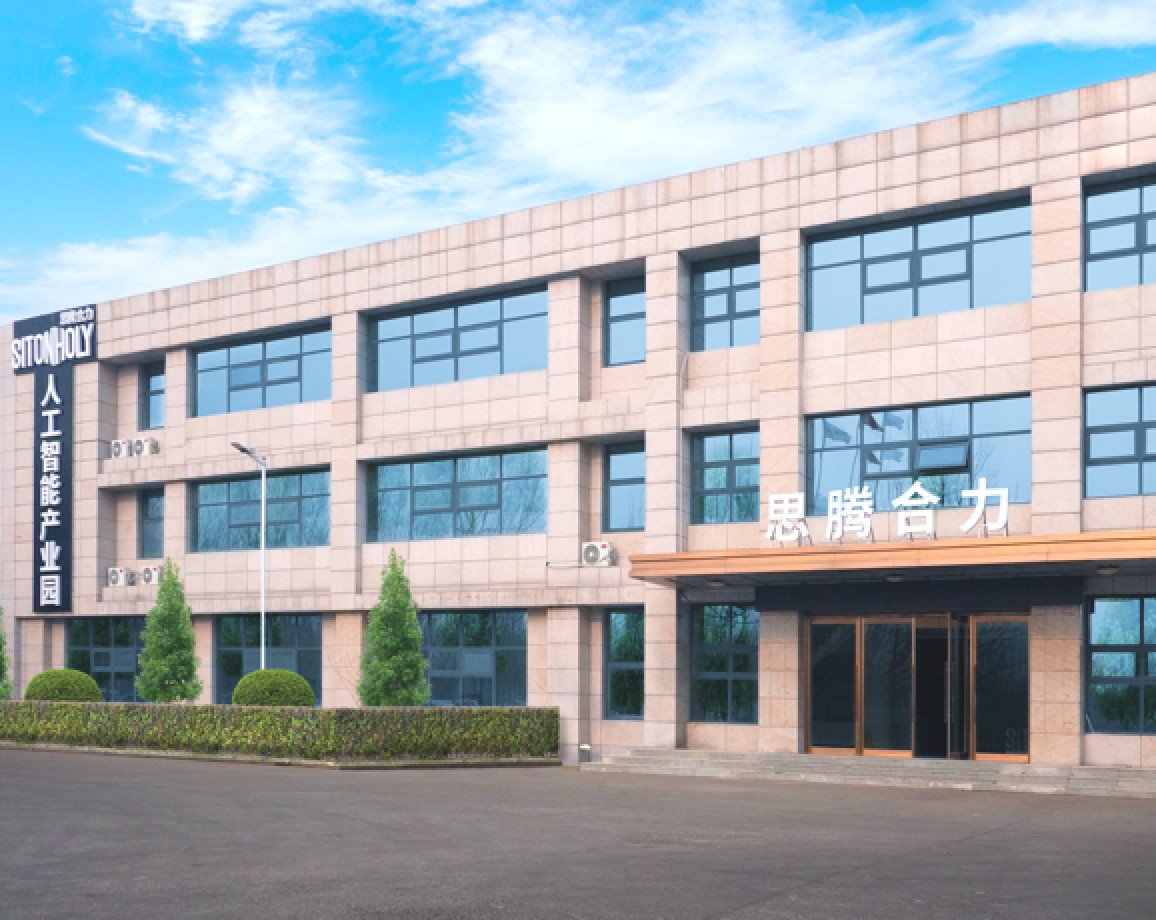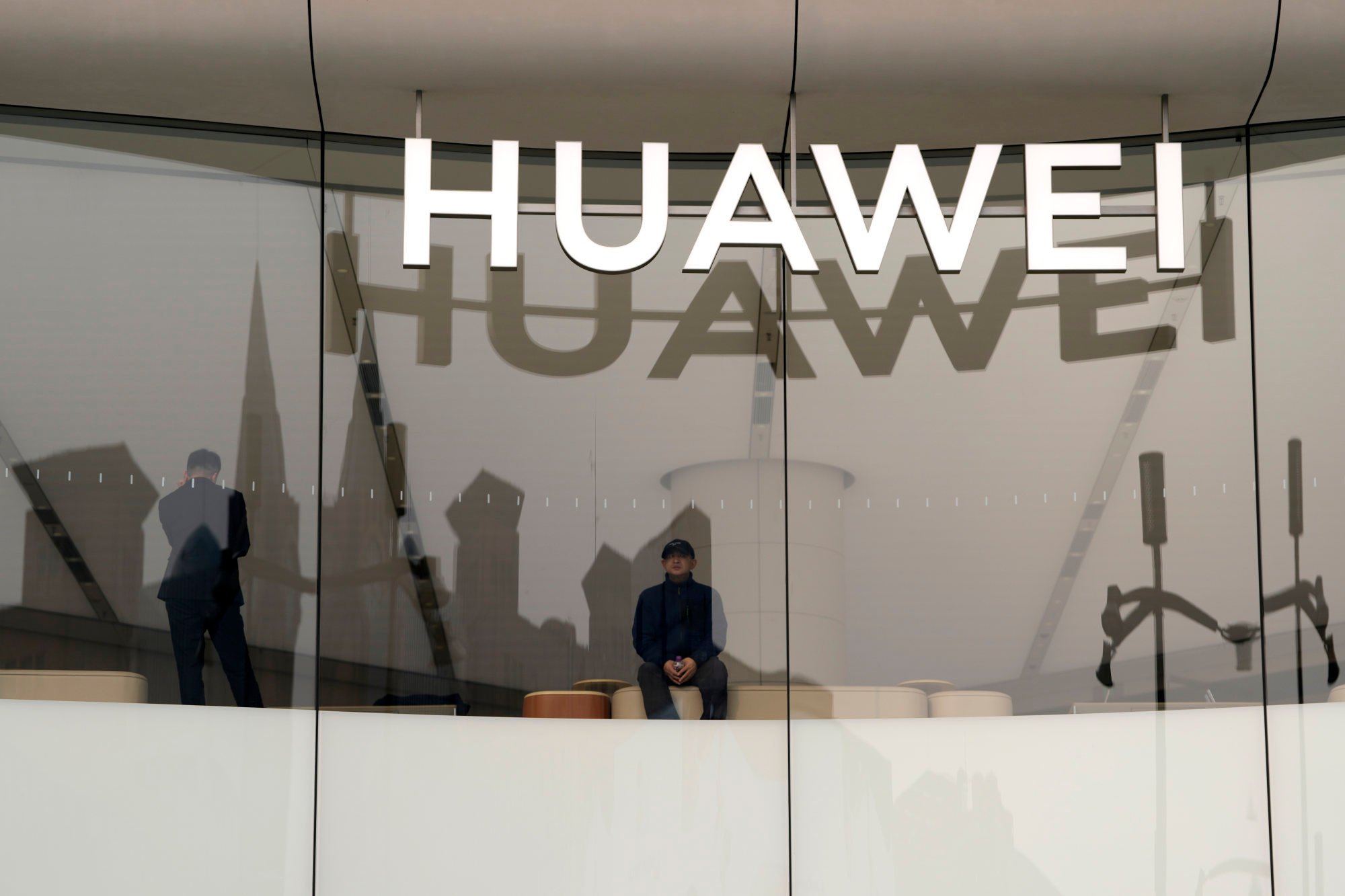
Tech war: US sanctions on key Nvidia distributor in China could push more customers towards domestic replacements
- Sitonholy, which has been added to the US Entity List, is one of a few ‘elite-level’ Nvidia data centre product solutions providers in China
- The company has also been distributing Huawei Technologies’ Ascend 910B AI chips, an alternative to Nvidia’s A100 GPUs
Chinese companies have lost access to one of the country’s largest distribution channels for Nvidia processors after the US added a major reseller to its export blacklist, strengthening Washington’s efforts to curb artificial intelligence (AI) development in China while pushing more Chinese businesses towards local replacements.
The firms were “involved with providing AI chips to China’s military modernisation programmes” and military intelligence users, Kevin Kurland, an export enforcement official at the US commerce department, said at a Senate subcommittee hearing, according to a Reuters report.
In a statement, the Chinese commerce ministry called the US sanctions “abusive” and “a weaponisation” of export controls.

Sitonholy is one of a few “elite-level” Nvidia data centre product solutions providers in China, having retained its franchise rights for being able maintain strong sales year after year, according to people with direct knowledge of the matter who declined to be named because they are not authorised to speak to the media.
While Nvidia has been banned by the US from exporting to China its advanced A100 and H100 data-centre graphics processing units (GPUs), which have become sought-after for AI training, it has come up with new replacements for China-based clients, such as the H20, L20 and L2 GPUs.
However, being blacklisted by the US has effectively ended Sitonholy’s distributorship of Nvidia products, forcing it to sell mostly domestic chips from now on, sources said.
Sitonholy has been distributing Huawei Technologies’ Ascend 910B AI chips – an alternative to Nvidia’s A100 GPUs – and other Huawei data-centre solutions such as Atlas 800I A2 inference servers.
Various tests have shown the Huawei 910B capable of performing at about 70 per cent of the level of Nvidia’s A100.
It is not immediately clear if Nvidia would complete orders placed through Sitonholy before it was blacklisted. The South China Morning Post was unable to reach Sitonholy for comments on Saturday.

China has accelerated efforts to substitute foreign chips and software with domestic products to safeguard national and industrial security.
Huawei has emerged as a powerful supplier that is crucial for forging an ecosystem built on home-grown hardware and software solutions, such as HarmonyOS.
The Shenzhen-based giant last year defied US sanctions to release a 5G smartphone equipped with a 7-nanometre-grade mobile system-on-a-chip made by Chinese foundry Semiconductor Manufacturing International Corporation (SMIC).
Huawei and SMIC are among more than 600 Chinese companies that have been added to Washington’s export control lists, preventing US suppliers from shipping goods and technologies to these Chinese firms without special permission.

